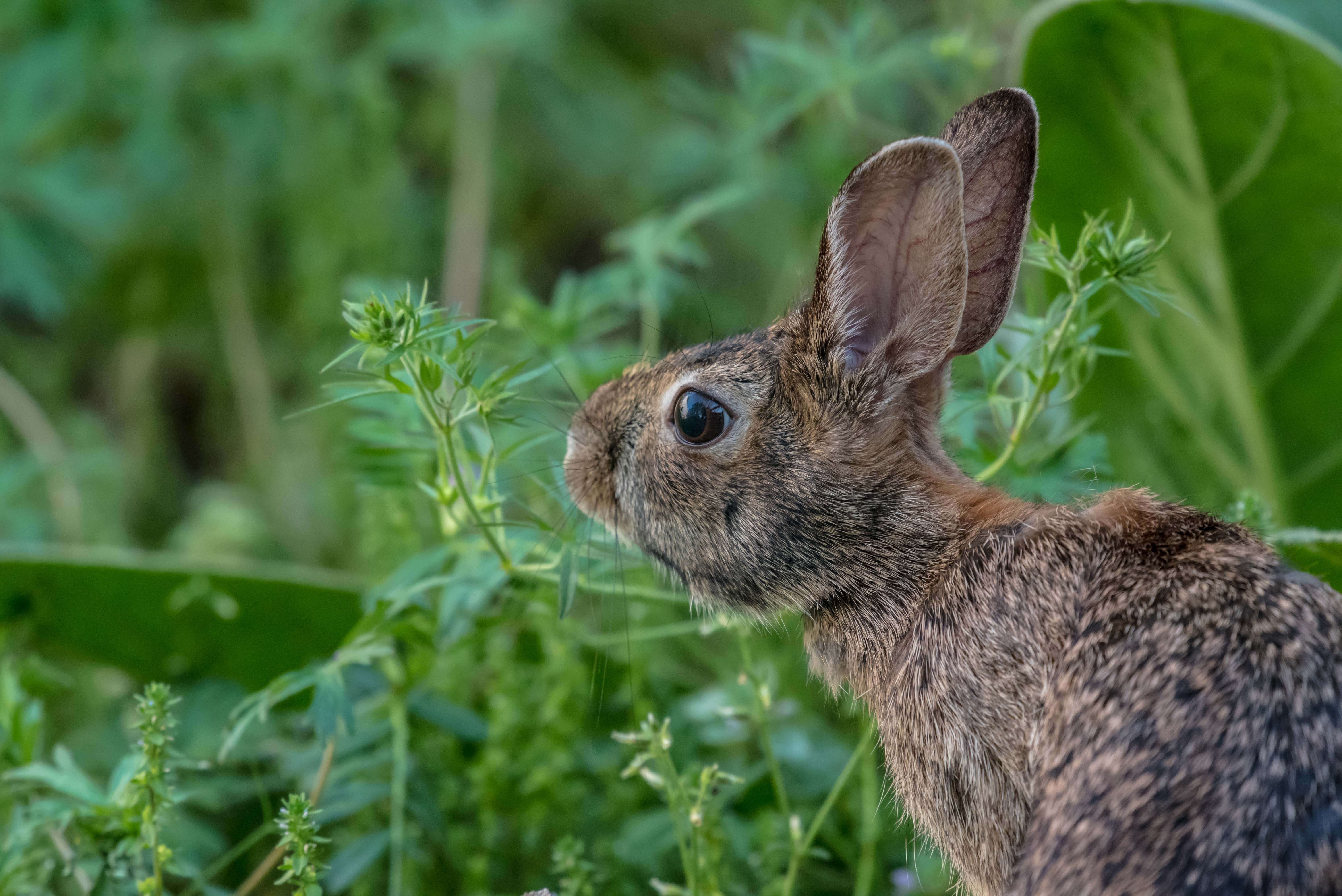
Animal Testing and Cruelty-Free Shopping
Let’s face it, shopping is hard. In the not-too-distant past, it was easier. We didn’t always worry about whether our food was organic, whether our clothes were made by foreign children, or whether the toaster we chose has the highest average ratings on Amazon.
Speaking of Amazon, we also didn’t worry about how our shopping affected the rain forest, and its implications for our unborn children!
But nowadays, there are seemingly endless things to worry about and considerations to weigh. As a vegan, these considerations are only amplified by the additional concern to not cause harm to animals.
It seems that people will find a way to needlessly insert animal products into virtually all that we buy. As a savvy vegan, you probably have already realized that “non-dairy creamer” invariably has dairy in it. (And what’s up with that?!) You are also starting to figure out what products are most likely to contain gelatin, and you know never to trust catering staff at a hotel.
The knowledge you are accumulating on being vegan in a non-vegan world is growing tremendously. Yet, despite it all, it can be near impossible to make sense of animal testing.
First of all, what does it even mean? A lot of people seem to think that there are adorable implications to testing makeup on animals. (Bunnies with lipstick? What can be wrong with that?)
Unfortunately, the reality is never so cute. Often, animal testing entails intentionally inflicting sensory deprivation, dripping extremely high concentrations of products’ chemicals into the eyes of animals, exposing animals to radiation, and forcing animals to inhale toxic fumes or ingest probable poisons. As a result, over 100 million animals die every year from testing alone. Millions more suffer needlessly in labs.
And these cruel practices extend beyond rats. They include large numbers of mice, bunnies, monkeys, cats, and dogs. The realities of animal testing are so inhumane that many places ban the practice for cosmetics, including the European Union, Norway, India, and New Zealand.
Avoiding animal testing isn’t always easy. Manufacturers often develop their own ambiguous language, so consumers have difficulty knowing what they are supporting. “This product is not tested on animals,” for example, does not mean that the individual ingredients within the product aren’t tested. Nor does the statement “our company does not test on animals” mean that they don’t contract other companies to do the testing. And anything can be “cruelty-free” if you don’t believe hurting animals is cruel.
If, at this point, you’re freaking out about what on earth a vegan is to do, never fret! One highly reliable and easy solution to this problem is to rely on Leaping Bunny.

Touting themselves as the “Gold Standard” for cruelty-free shopping, Leaping Bunny rigorously evaluates products to determine whether they are truly created without animal testing. Just check the site for a listing of animal-testing free companies, or look for their logo on the labels of products before purchasing.
Leaping Bunny evaluations are free to companies. So if they are truly operating without animal testing, there is no reason they shouldn’t be listed on the site.
Leaping Bunny does not evaluate whether ingredients made from animals. They only ensure that the products are free of animal testing. You will still need to check ingredient lists to make sure you get the best product.
Still, with this knowledge, you’ll be able to quickly and easily find products that align with your values. They say we vote with our dollars. Now, with Leaping Bunny’s help, you will know what you’re voting for.
